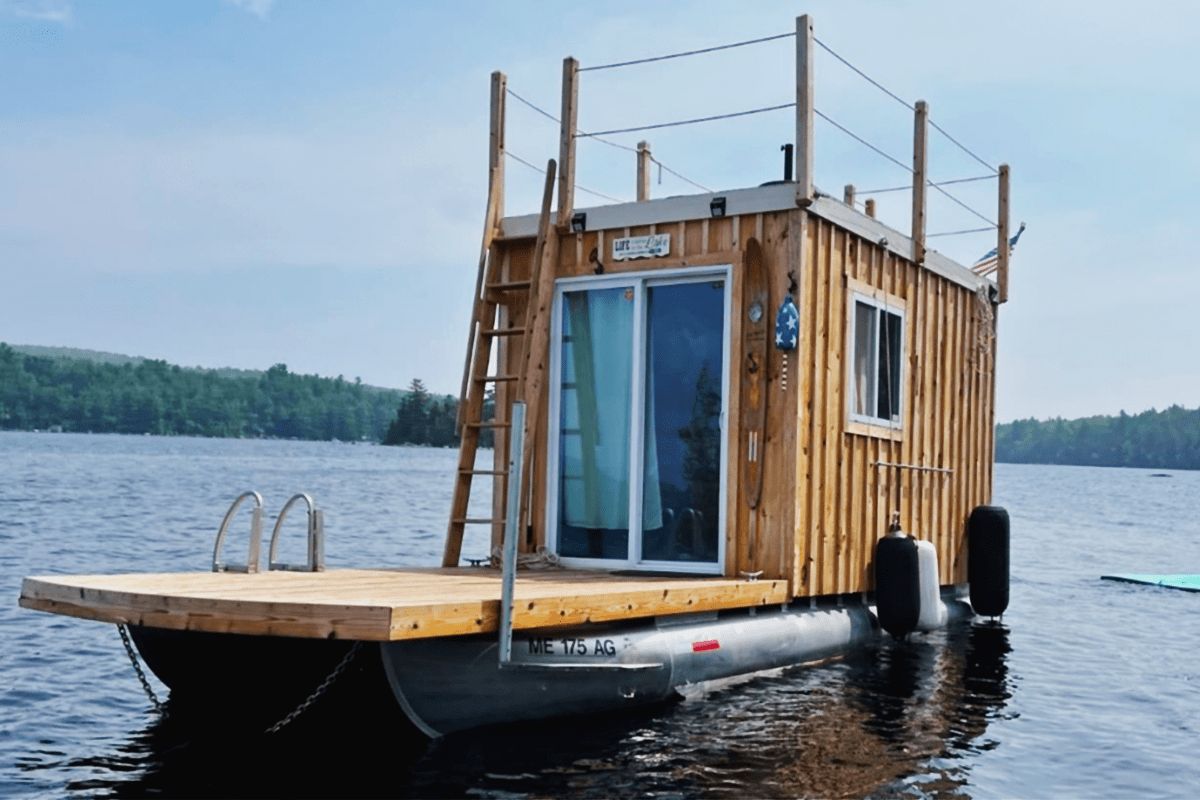Coastal Maine towns like Rockland, Belfast, and Bucksport are facing steep property value increases after long-delayed revaluations, reflecting post-pandemic real estate jumps. While revaluations aim to distribute tax burdens more fairly, they can cause sudden tax hikes that strain fixed- and low-income homeowners, sometimes prompting sales or fears of losing homes.
In Belfast, values rose sharply—especially along the waterfront—while Bucksport residents reported tax bills doubling or tripling in recent years. The loss of large industrial taxpayers, like paper mills, has shifted more of the tax load to residential owners.
Maine municipalities, already struggling with inflation, school funding requirements, and wage costs, rely heavily on property taxes. State funding formulas further reduce school subsidies when property values rise. While the state offers exemptions like the homestead deduction, past attempts at broader relief—such as freezing taxes for seniors—have been repealed due to high costs.
Some residents are pushing for political change, including recalls of local officials. Town leaders say revaluations are necessary to keep values aligned with the market and ensure financial stability, but many fear they are taxing people out of their homes. The state has formed a task force to study possible reforms, though long-term solutions remain uncertain.
